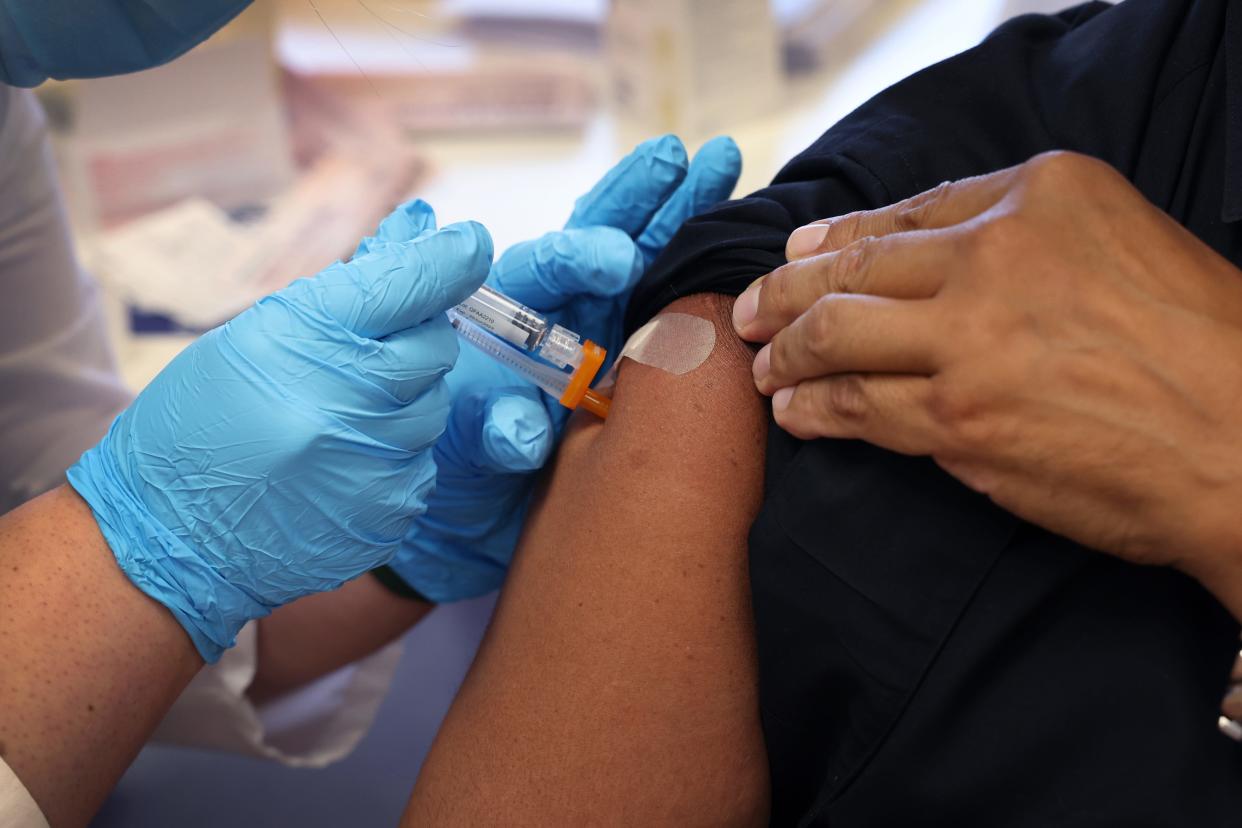Should you get a COVID-19 booster? Here's what you need to know in 2023

Adam’s Journal
Here’s a question from a reader:
Our daughter recently began her first semester at the University of Oklahoma. Along with other incoming freshmen, she’ll be exposed to new germs and illnesses in her new community.
With coronavirus cases currently rising, I’m wondering if we need to have her boosted again. She’s had every vaccine and booster as recommended by the CDC.
— Gina Leeds, Edmond
Dr. James Prescribes
The good news is that although there has been a recent uptick in COVID-19 cases, overall infection and hospitalizations remain low.
The majority of coronavirus strains infecting people right now are related to a variant of the virus known as XBB.1.5. However, the currently available booster targets only the original COVID strain and a strain known as BA.5 Omicron, neither of which appear to be in circulation anymore.
Pfizer, Moderna and Novavax are currently working to update, test and mass-produce new boosters that target the XBB.1.5 variant.
The process of getting the new boosters rolled out to the public, which will also include receiving authorization from the Food and Drug Administration, is not yet complete. Still, experts predict it will likely happen by late September or early October.
As tempting as it is to get boosted now, I would recommend that your daughter — and everyone else — wait for that new booster. Not only will it provide better protection against the strains that are infecting people now, but holding off even for a month boosts the immune system’s odds of fighting off infection when cases will likely peak.
Typically, respiratory infections hit their highest rates in late fall and winter. Anyone who gets boosted in a month or two will have the best odds of staying healthy during that time, as antibodies and protection are highest in the three months following vaccination.
James, a physician-scientist, is executive vice president and chief medical officer of the Oklahoma Medical Research Foundation. Cohen is a marathoner and OMRF’s senior vice president and general counsel. Submit your health questions to contact@omrf.org.
This article originally appeared on Oklahoman: Doctor gives advice on when to get the next COVID-19 booster vaccine

